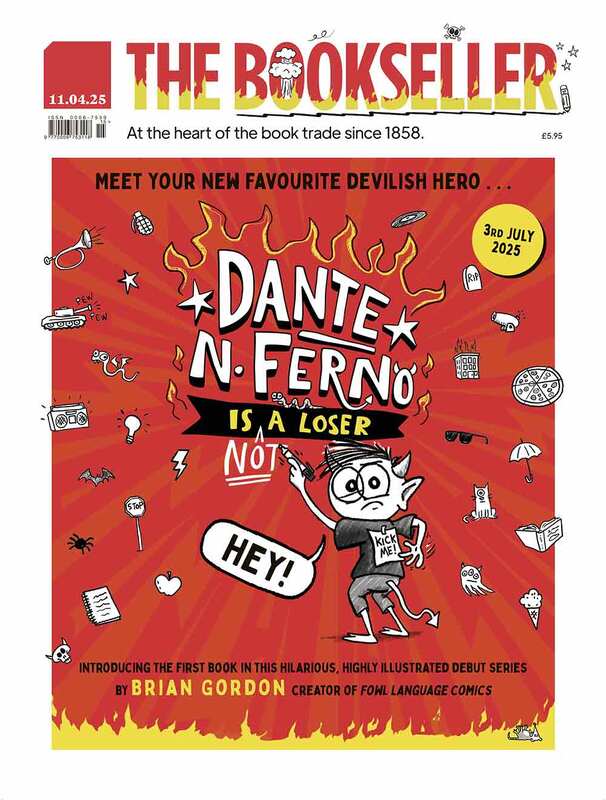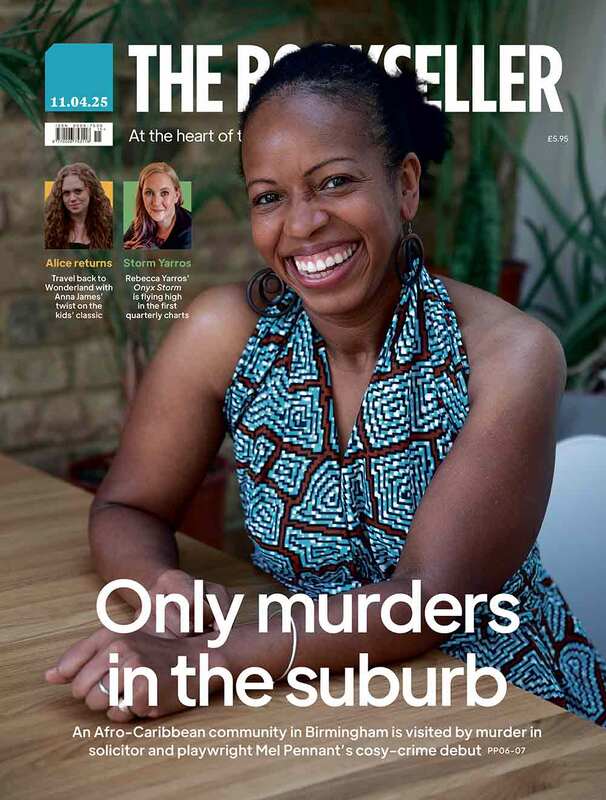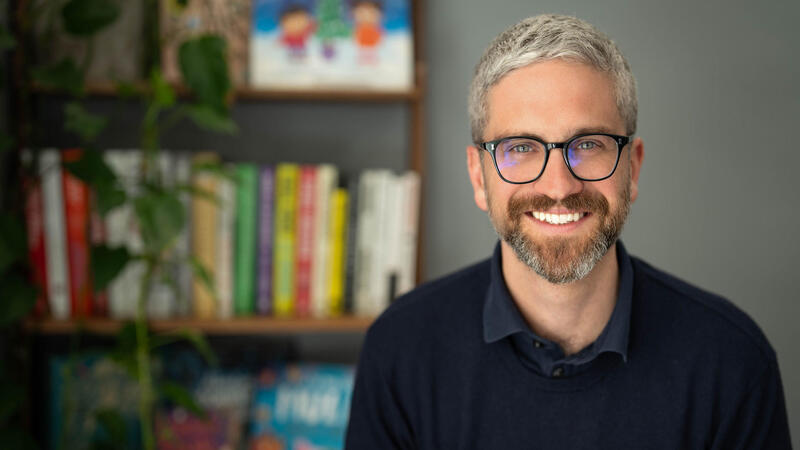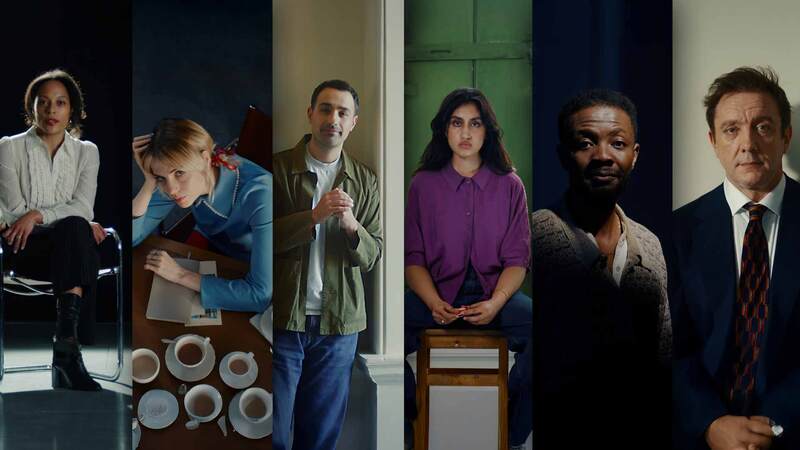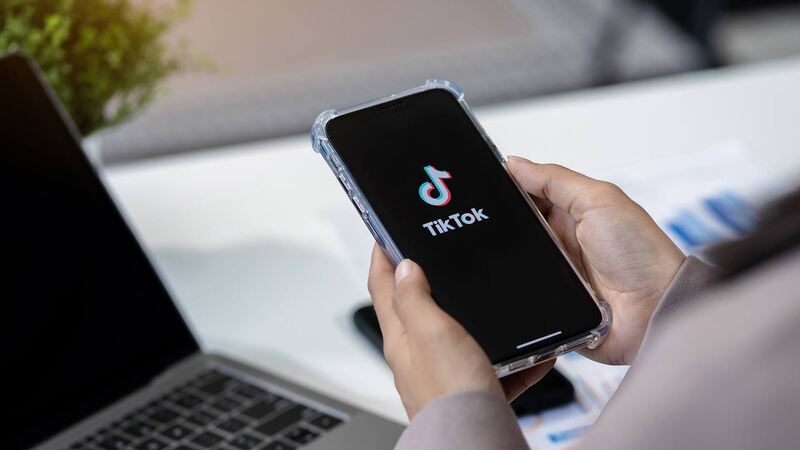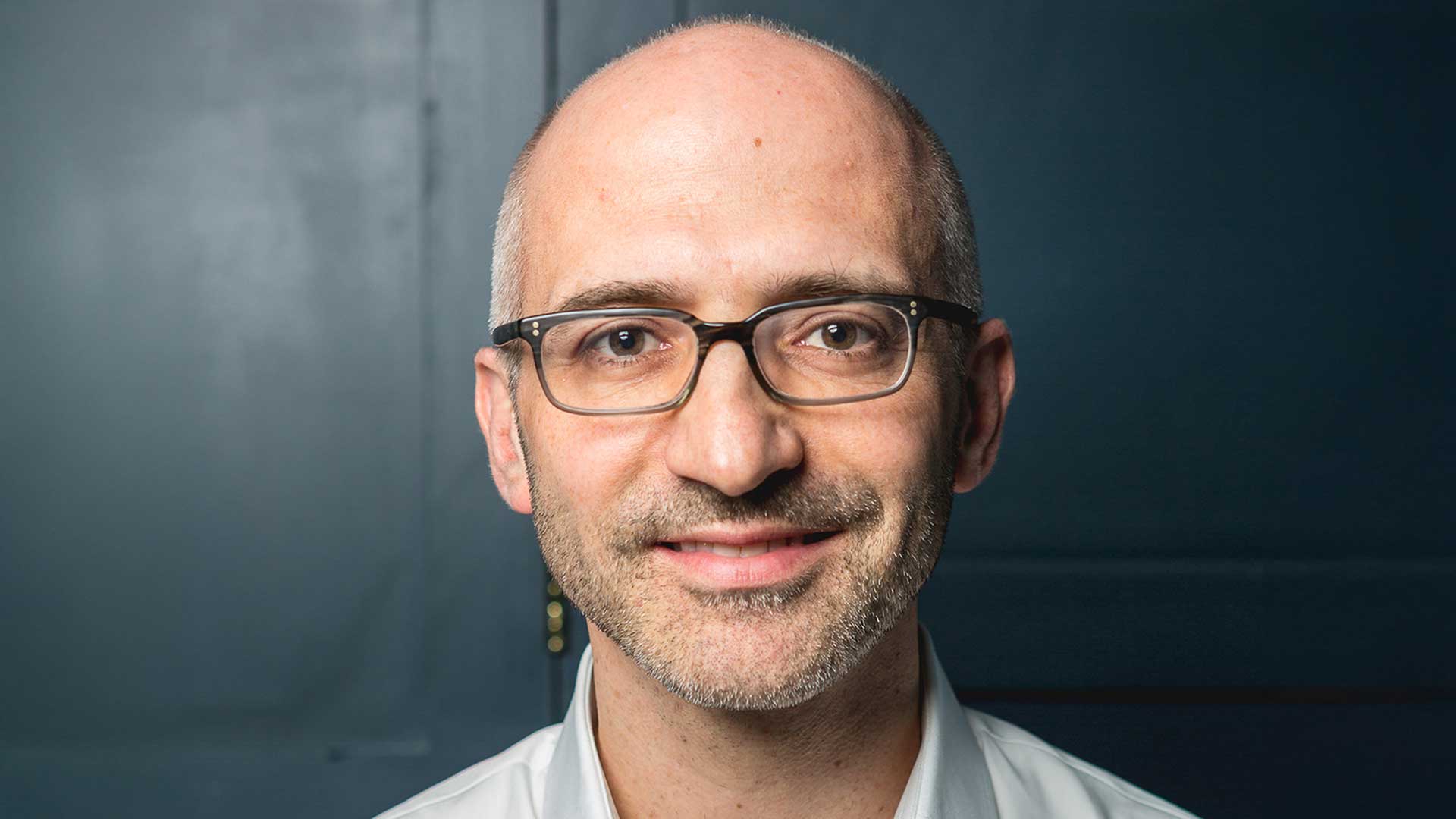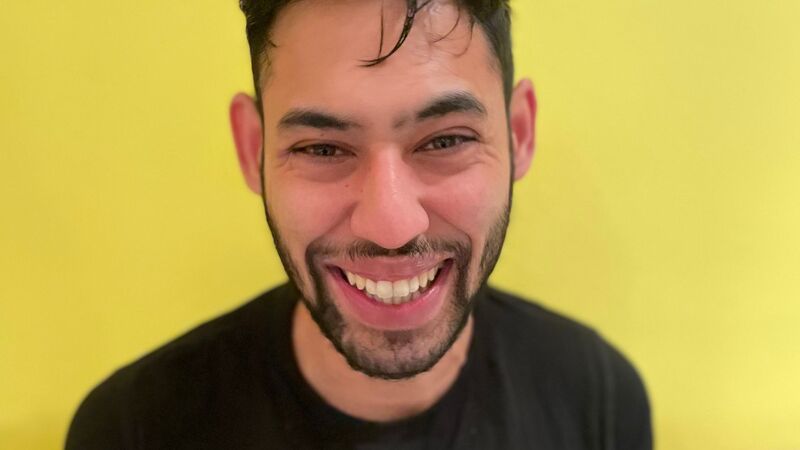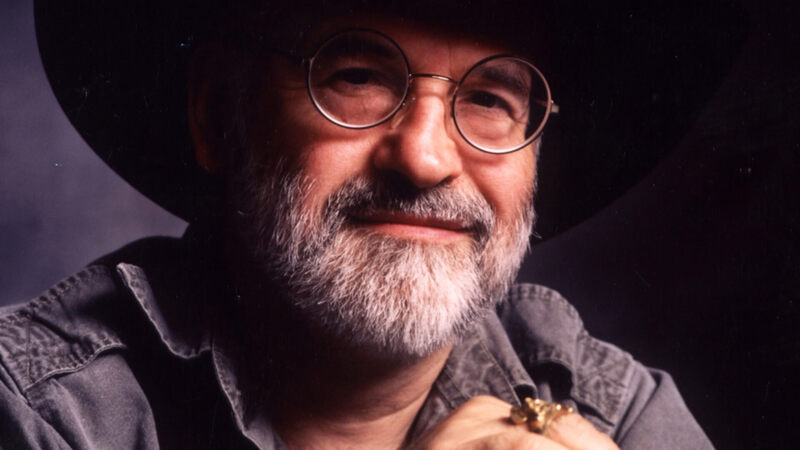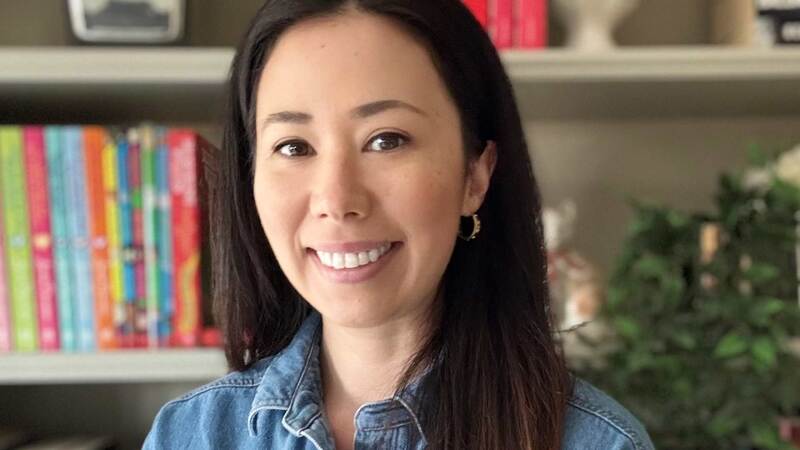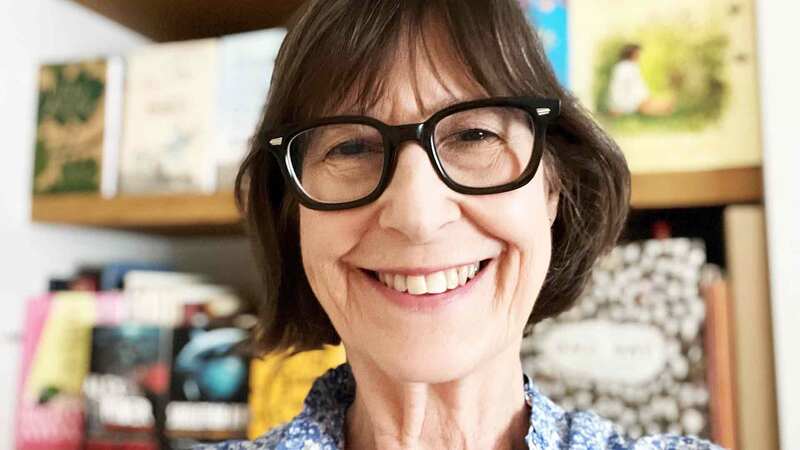You are viewing your 1 free article this month. Login to read more articles.
Duchess of Cornwall returns as 500 Words judge
HRH The Duchess of Cornwall will return to judge 500 Words, a short story competition for children.
Chris Evans, who created 500 Words in 2011, launched this year’s competition on his BBC Radio 2 show this morning (15th January), asking children aged 5-13 to submit their short stories of 500 words or fewer.
The competition is divided into two categories - 5-9 years and 10-13 years – and the winners of the gold, silver and bronze medals in each category will be invited to a festival at Hampton Court Palace where they will be treated to a ride in Chitty Chitty Bang Bang (the car from the film) and tea on the Queen’s barge. In addition, the bronze winners will also receive their height in books, the silver winners will get HRH Duchess of Cornwall’s height in books, and the gold winners will receive Chris’ height in books. Each of their schools will be sent 500 books for their library.
Lewis Carnie, head of BBC Radio 2, said: “We’re thrilled that 500 Words is returning for its eighth year. Last year we had a record 131,798 entries, and I’m so proud that Radio 2 is inspiring children all over the UK to get creative and produce such brilliant stories year after year.”
Along with HRH The Duchess of Cornwall, the prize will be judged by Malorie Blackman, Frank Cottrell-Boyce, Jacqueline Wilson, Charlie Higson and Francesca Simon.
Radio 2 is also creating a new podcast, entitled 500 Words Bedtime Stories, featuring stories on themes entered into last year’s competition. It will be available to download here.
500 Words is run in association with Oxford University Press (OUP), which analyses the entries to track children’s evolving use of language. Last year, the publisher chose "trump" as its children’s word of the year, after the 2017 500 Words entries showed a marked increase in usage.
Vineeta Gupta, head of Children’s Dictionaries at Oxford University Press, said: “We are always fascinated by the distinctive vocabulary, inventive plots and original settings children use to tell their stories. We can’t wait to see what imaginative creations the future generation of writers will surprise us with in 2018. We learn an incredible amount about children’s literacy by analysing their stories and we use these findings to create resources to help children become even better writers.”
The winner’s of this year’s prize will be announced on 8th June. The closing date for entries is 22nd February.

